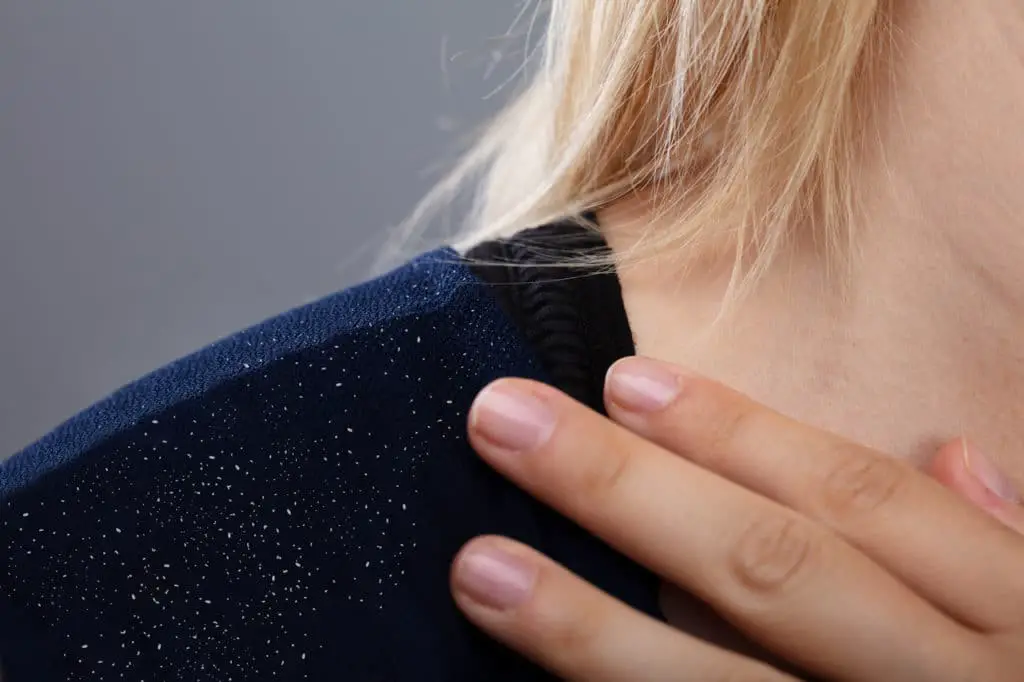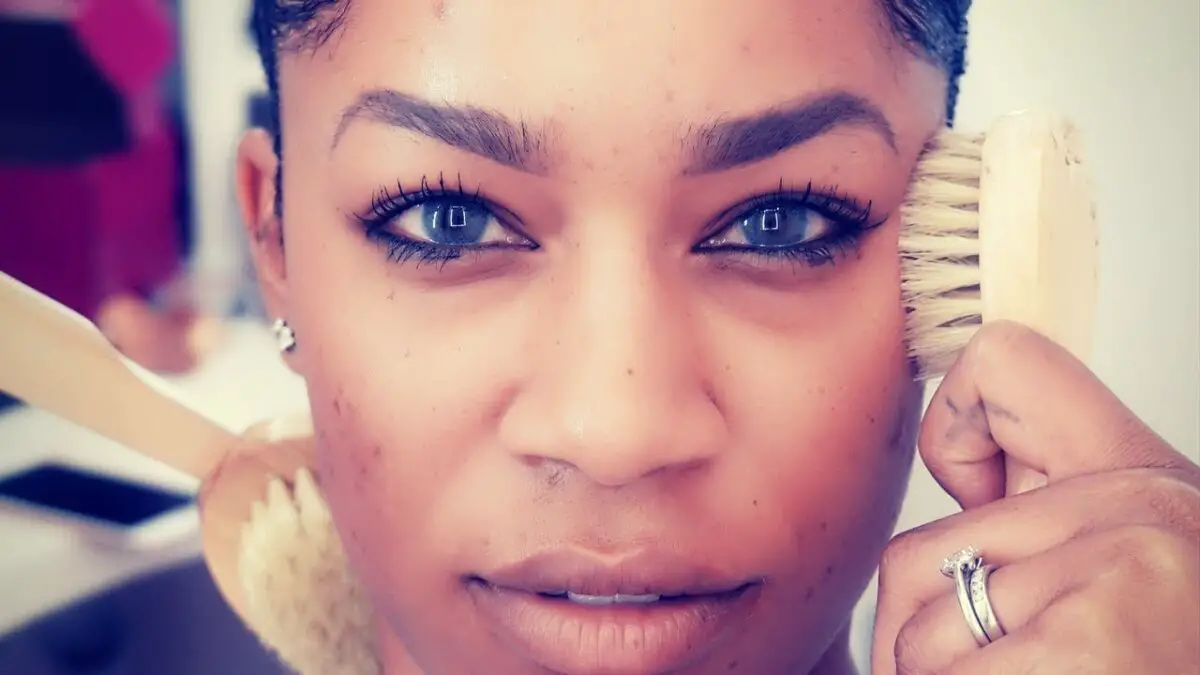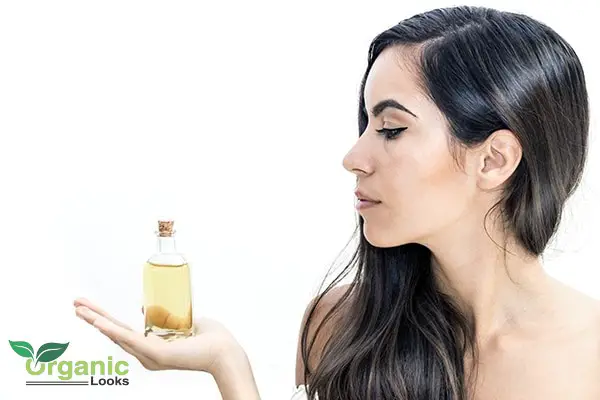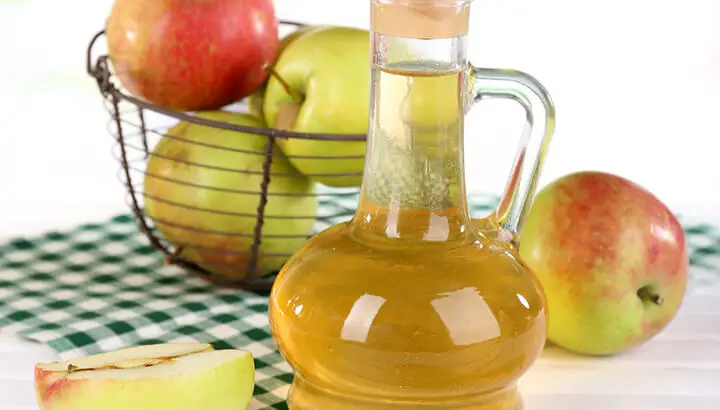Have you spent a long time searching for the best dandruff cure and medical advice? Today we are going to show you how to treat dandruff and some other hair and scalp conditions with the help of natural remedies such as aloe vera and apple cider.
We will also answer the question about what is dandruff, how it affects the skin cells, and why does it appear, as well as what can we do about it?
But, the major thing that this blog will try to do is to help you in the fight against dandruff. So if you are one of the thousands of people who have experienced dry scalp and this condition, make sure you stay with us, because we have the solution for you!
First Things Go First: What Is Dandruff?
Dandruff is known in medical terms are seborrheic dermatitis or simplex pityriasis. Dandruff is one of the most common conditions of the skin cells of the scalp. The truth is that there is nothing painful about dandruff, at least not on a physical level.
However, from an emotional point of view, dandruff may also cause real dramas. It is an aesthetic condition more than it is a functional one. Dandruff is very often in young people and is represented by exaggerated desquamation of the skin on the scalp.
The result is white peeled dry skin cells, small in size that can be noticed at the level of the scalp, on the hair, and even on the clothes. You should know that dandruff can’t be transmitted from one person to the other. It is a scalp condition and certainly not contagious.
There are two types of dandruff: dry dandruff and oily dandruff. The first type is more common, and it often occurs during the cold seasons. Oily dandruff occurs in patients with oily skin, and due to the excess of sebum at the level of the scalp, it can trigger irritations and itchiness.
What Causes Dandruff?
Multiple causes can lead to the occurrence of dandruff, such as:
- Low immune system
- Hormonal imbalances
- Stress
- Unbalanced diets
- Using unsuitable beauty products
- Lack of proper hygiene
- Using too much styling products
How to Fight Against Dandruff With Home Remedies
Most specialists recommend washing the hair as often as needed to help moisturize the dry skin on the scalp. Also, using anti-dandruff shampoos is beneficial. The anti-dandruff products work to restore the pH of the dry skin on the scalp and also have antibacterial and calming properties od the skin cells.
When washing your hair, you should apply the shampoo and massage the scalp. Rinse with plenty of water then repeat. A natural method that can help you get rid of dandruff is massaging the scalp with essential oils such as eucalyptus, rosemary, or lemongrass. You can also apply masks with castor or olive oil. However, today we are going to talk mainly about aloe and apple cider vinegar for dandruff, which are some of the most popular methods. Other methods include baking soda, zinc pyrithione, coal tar, and coconut oil and tea tree oil, but we’ll leave them for later.
Aloe is a plant initially discovered in Africa. The plant is easy to recognize due to its fleshy and meaty leaves. Few people know that there are over 250 different species of Aloe, but only five of them have health or cosmetic benefits. Commonly used for skincare, Aloe Vera for dandruff fighting has been used quite a lot.
The apple cider vinegar for dandruff recipe is among the most sought after methods. But is it really effective? And more importantly, is it safe to use apple cider vinegar on the hair?
Today we’ll have a look at the above-mentioned questions and bust any myths you might have heard about aloe and apple cider vinegar in the fights against dandruff!
Aloe Vera: The Universal Heal-All
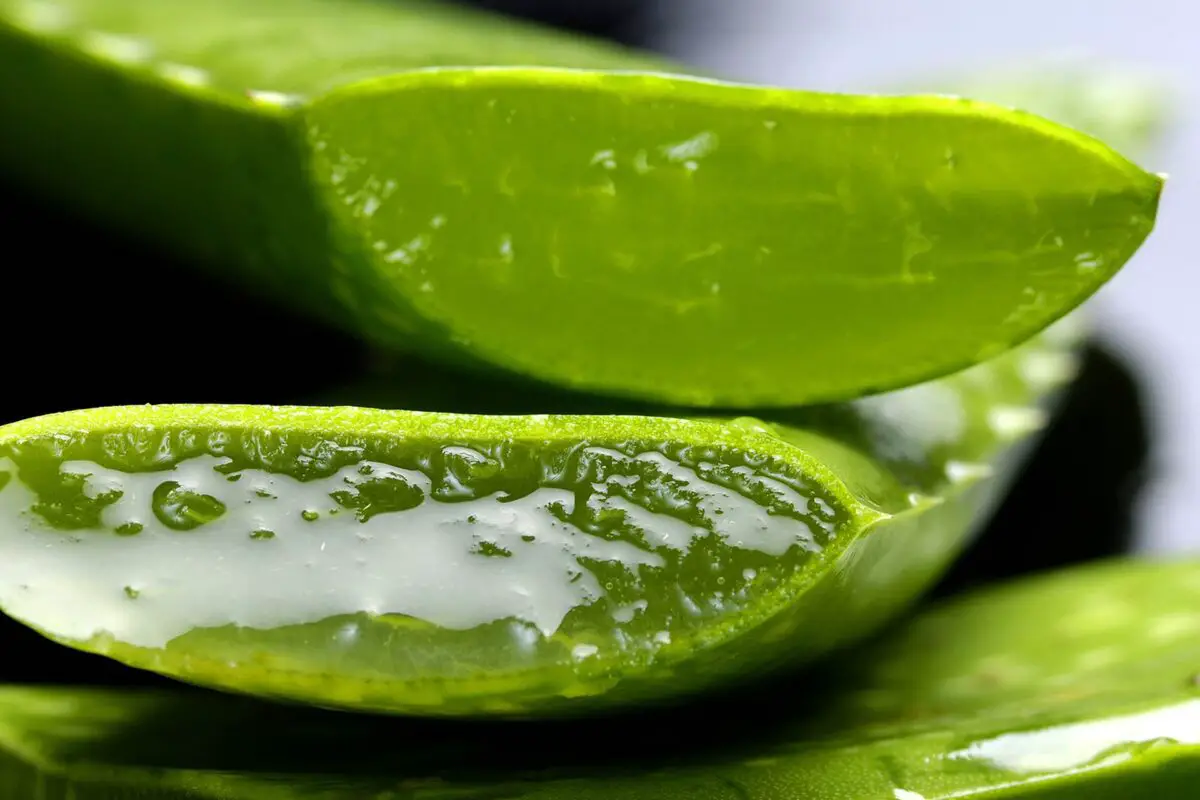
Also known under the name of “immortality plant,” Aloe is sought after for her miraculous effects that have been discovered since ancient times. There are over 75 nutritive elements present in the Aloe plant.
Among them, we can mention some vitamins such as A, B, C, E, but also minerals such as calcium, iron, chrome, copper, magnesium, phosphor, potassium and even enzymes and amino acids.
The extensive range of nutrients present in Aloe leads to the plant having numerous properties such as antioxidant, cellular rejuvenator, antibiotic, anti-inflammatory, astringent, pain inhibitor, and coagulation agent, among others.
The plant may also be useful in the treatment of different health affliction, and it is considered a universal heal-all by many.
What Can Aloe Vera Do for Hair Care and Dandruff?
When it comes to natural remedies for hair, the Aloe Vera dandruff relief is one of the most popular ones. It contains many vitamins and minerals that are essential for the hair and scalp. The plant is widely known for its ability to stop hair loss and contribute to the regeneration of the hair. However, there are other benefits of using Aloe on the hair:
– Aloe stimulates the hair growth cycle;
– It can unclog hair follicles;
– The plant hydrates the scalp and hair;
– It balances out the level of the hair’s Ph;
– Significantly improves the aspect of the hair.
Applied on the skin of the scalp, Aloe can treat two affections of the scalp. They are often responsible for hair loss and an unaesthetic aspect of the hair: dandruff and seborrheic dermatitis. Both conditions can clog the pores and trigger the irritation of the pilous follicles. This leads to slowing down hair growth or create much thinner hairs.
Aloe Vera as a Natural Dandruff Remedy
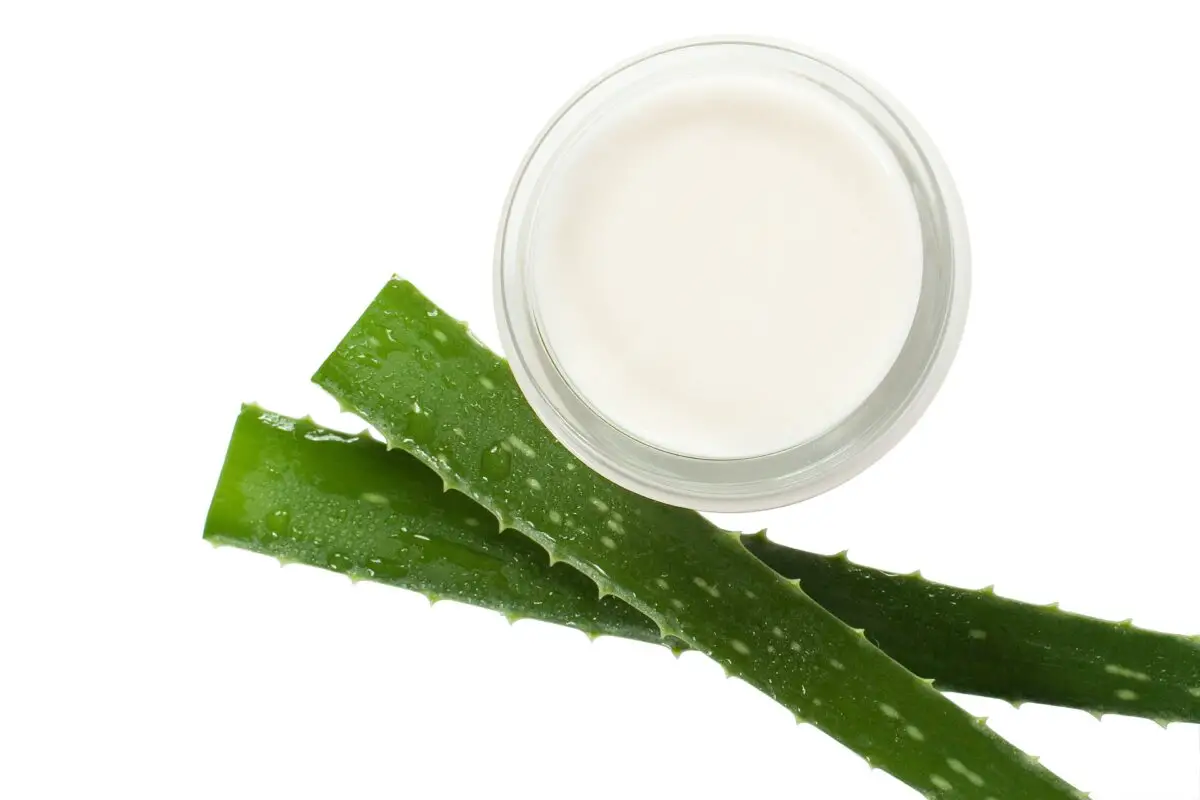
Having a healthy scalp is essential for preventing hair loss. Dandruff is a common scalp condition that occurs when the dead cells of the skin exfoliate more than is usual. The result is a dry, irritated scalp and a very unaesthetic aspect of the hair. If you are suffering because of dandruff, you can apply an Aloe extract on the scalp and let it work for half an hour to an hour at a time.
In some cases, what people think is dandruff is a different condition – seborrheic dermatitis. It can be easily mistaken for dandruff, but it is quite a different cup of tea. Seborrheic dermatitis occurs when the skin of the scalp is too oily, compared to dandruff, which occurs when the skin is too dry.
This condition is caused by an overproduction of sebum – the natural oil produced by the body to sustain the skin hydrated. Too much sebum can affect the pilous follicles negatively and lead to the formation of scales-like buildups with a yellowish-white color.
Both dandruff and seborrheic dermatitis clog the pores. This means that the follicles of the scalp will stop producing new hairs. The hair won’t grow as healthy as before, and it will become thinner and more fragile. Using Aloe remedies can treat dandruff and seborrheic dermatitis. Also, it helps the follicles to resume a healthy activity.
Aloe can work as both a natural conditioner but also a moisturizer for the hair. Many anti-dandruff shampoos contain this plant due to its hydration properties.
While shampoos and conditioners seem to be the simple and easy solution, the research shows that it is the Aloe Vera gel that proved to be highly efficient in treating dandruff and other scalp conditions.
Important tip: As mentioned before, the Aloe Vera gel needs to stay on the scalp for a minimum of 30 minutes to see some improvement. It is not uncommon for people using the Aloe Vera for dandruff on the scalp to let it work overnight and wash it off in the morning.
Apple Cider Vinegar as a Natural Dandruff Remedy
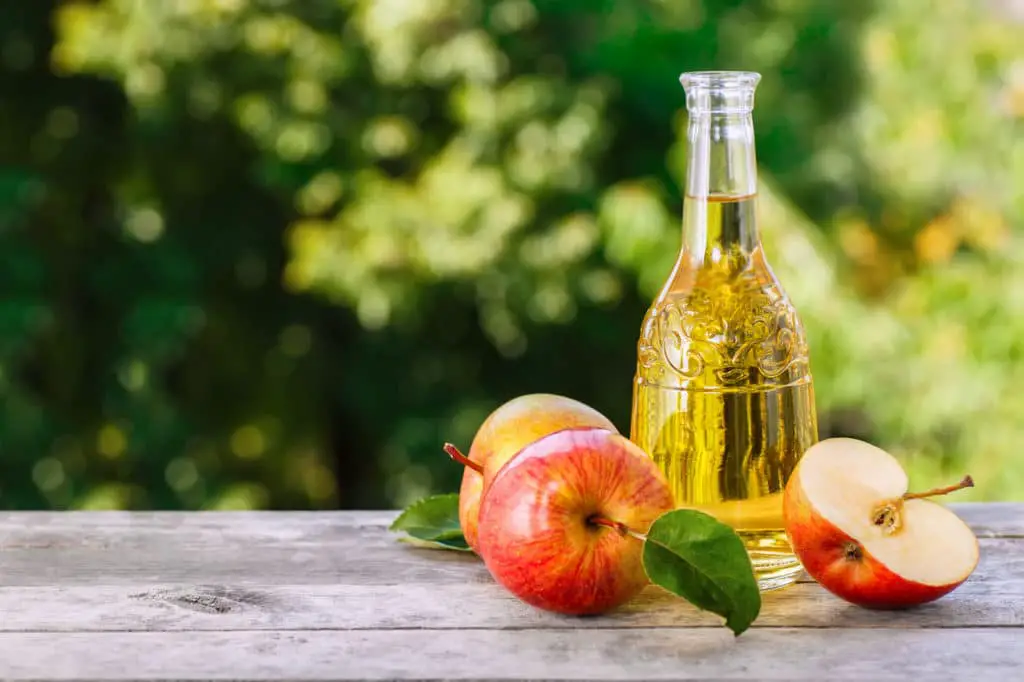
The apple cider vinegar is one of those home remedies that can help you get rid of dandruff without having to use expensive shampoos and treatments. The apple cider vinegar can be useful in treating dandruff as it has antibacterial properties. The anti-inflammatory properties can cool down the irritated scalp and reduce the inflammation that is present at the level of the scalp. The acid content of the apple cider vinegar can restore the pH of the scalp.
Also, there are specific enzymes in the apple cider vinegar that help the follicles to open up. Hence it sustains the health of the scalp. A significant benefit of using apple cider vinegar for dandruff is that it has no chemical substances. This means that you can use it in the long run without any risk of damage to the scalp.
Get Rid of Dandruff Using Apple Cider Vinegar
Tip# 1: Apply the apple cider vinegar directly on the scalp
If you are dealing with a severe case of dandruff, this is probably the most natural dandruff ailment and also an efficient one. What you need to do is pour the apple cider vinegar in a bowl and use a cotton pad or a brush to apply the liquid on the scalp. Divide your hair with a comb for easy access. After you have applied apple cider vinegar all over the scalp, massage it with gentle movements for a few minutes. Cover the hair with a warm towel for one hour. Then rinse with warm water. No need to use a shampoo. You can repeat the procedure as often as you need.
Tip# 2: Mix apple cider vinegar with water
Mix the same quantities of water and apple cider vinegar and pour the liquid in a spray bottle. Spray the contents on the hair and scalp and massage gently. Cover the hair with a shower cap or warm towel and let it work for an hour. Rinse abundantly with warm water.
The apple cider vinegar for dandruff is a tried and proved method to get rid of the hair and scalp condition. You can try this treatment once a week or more often, depending on how severe the dandruff is. It is safe for your hair and your health and affordable too!
Sources
6 Ways to Use Apple Cider Vinegar for More Beautiful Hair – Prevention
How to Use Aloe for Dandruff Relief – Healthline
10 Natural Remedies for Dandruff – Medical News Today

